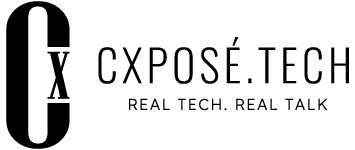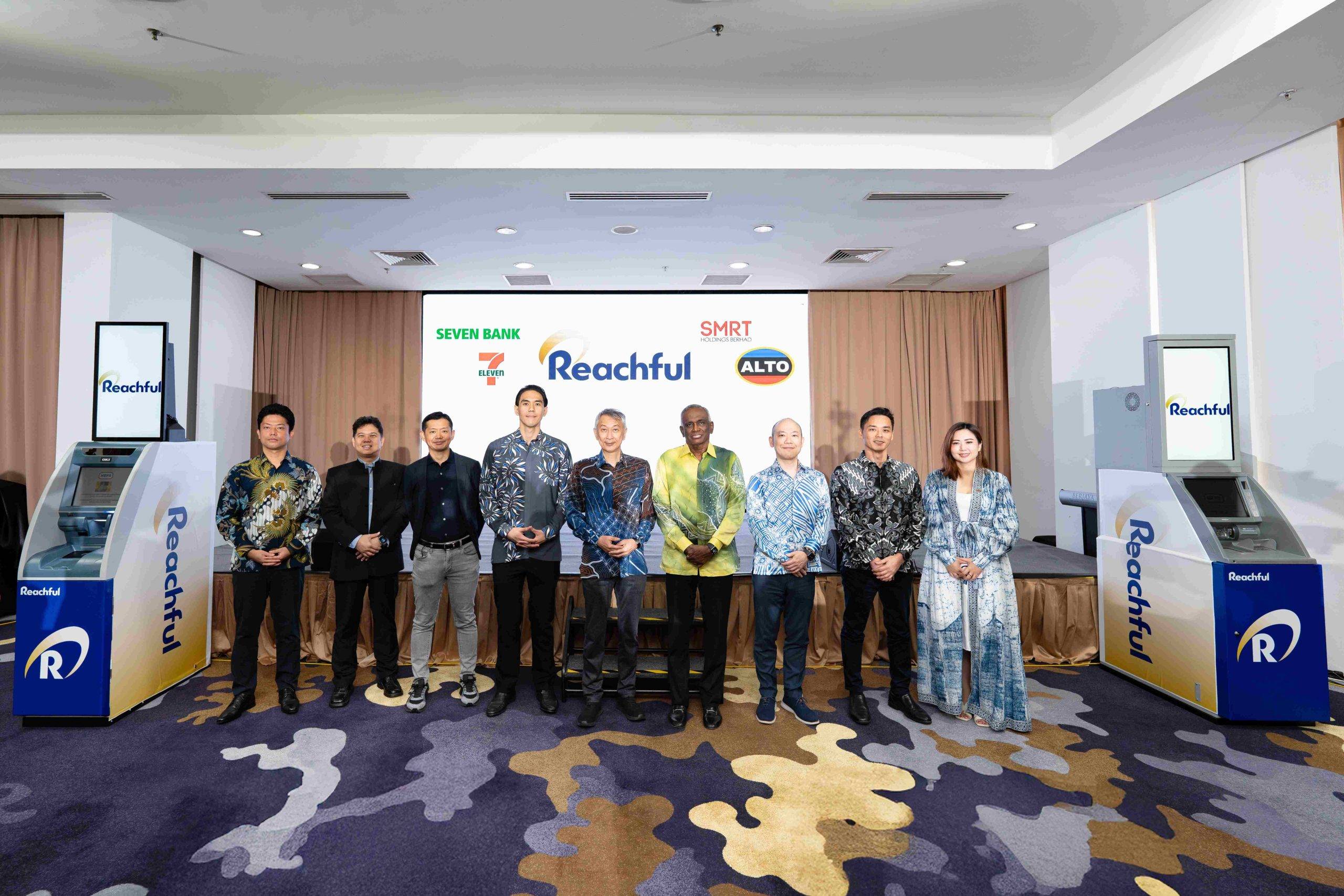Bruno Trimouille, CMO, Litera, is an experienced marketing leader who has served in numerous leadership roles across enterprises. In his latest endeavor, Bruno is working to accelerate transformation within the legal tech space
Bruno is no stranger to leadership roles in large enterprises, and in his expansive marketing career, he has seen the growth of marketing programs across disciplines and verticals. When asked why he had joined Litera slightly over half a year ago, Bruno credited his decision to “the energy, enthusiasm and willingness to collaborate” from the firm’s executive leadership team. To Bruno, these were fundamental to a brand’s marketing success, when each and every part of the organization are aligned towards a common goal. This move also marks the first time Bruno leads marketing in a specific industry. Another compelling reason was that the legal industry is currently at a stage where innovation and transformation opportunities are abound, and ready for the taking.
Litera, a provider of innovative document technology solutions, specializes in empowering legal, corporate and life sciences across the globe. Notable brands such as Harrods, Cushman & Wakefield, and Dell are amongst some of the thousands of law firms and businesses Litera worked with across the world. The legal industry is not known to be early adopters of new technologies, but recent years have seen more traditionally paper-based, hardcopy processes shift to digital to meet user needs.
“(Digital) transformation in other industries may be a few years ahead of the legal industry, but new innovations such as generative AI may actually supercharge the way we transform. Gen AI is about the way we generate content, and the legal space is really content-centric. So there is potential to really shake up the industry.”
Scaling Legal Tech In A Responsible Way
Bruno sought to adapt best practices across industries, and translate them into scalable and sustainable innovation that will benefit Litera’s future growth plans and their customers.
“We are like athletes, maybe a little rough around the edges, but with the right training program, we can become world class.”
Having said that, Bruno agrees that with the legal industry, subject matter expertise starts with understanding that lawyers and law firms speak a different language. “You have to be crisp and sharp, and really show that you know what they are going through and using the right language. You have to use the right terminology, the right terms, and set yourself in the shoes of a lawyer.” Legal domain experts make up almost 40% of Litera’s workforce, and they provide the needed insights and knowledge to complement new marketing techniques for the company’s mission to amplify impact for their business and customers.
Initially targeted for lawyers, Litera has refined its solutions to broader audiences who are looking to save time, maximize output and remain compliant across different documented processes. Today, the solution provider caters to purpose-made integrations or plugins to suit functional needs. For example, across IT departments where personnel need to manage security and access control to documents. Being purpose-built meant that standardized processes, especially across legal processes, can help reduce cost, and minimize risks for all parties involved.
When it comes to creating positive customer experiences in legal tech, Bruno mentioned that while the legal industry’s regulations are multifaceted, as a provider, the rule of thumb is to understand and ensure that the ethical wall is hardened around the specific business case. This practice can be within a single team, within an organization, or across multiple collaborative teams.
“There are a lot of different layers to compliance, and legal enforcement. From lower levels such as IT certification of a product all the way to the concept of an ethical wall.”
Bruno is hopeful that with advancement of generative AI, content-heavy industries such as legal tech can be propelled to the forefront. However, positivity and enthusiasm is tempered by the potential implications with cases of generative AI’s hallucinations, and quality risks when false assumptions or invalid references are used for its outputs. Weighing these scenarios, Litera has taken steps in designing safeguards for their solutions, to increase accountability for AI-driven enhancements, without compromising quality and reliability.
“I think the (gen AI) debate will oscillate a little more. But vendors like us are setting things up in a way that is safe and guarded, that has all the right characteristics and delivers value, and will still be poised to grow and scale more as we move forward.”
Litera more recently announced new generative AI capabilities across Kira, Create and Litera Foundation. With Litera AI, users can ask a question and get answers in seconds with an AI-enhanced firm knowledgebase.
Amplifying Impact
Even as Bruno moves Litera towards a more digital marketing roadmap, the industry is still preferential to face-to-face engagements. “It’s a little bit of the DNA of the industry, so this will remain one of the ways we continue to engage.” Bruno also sees thought leadership and product-centric engagement as critical building blocks. With footprint in almost every key account, the pressing need is to provide more content geared towards value-based selling and broader product awareness for cross-selling opportunities.
“You really need to be crisp about what you say. Legal professionals are in a way like developers. They don’t like to be marketed to, but if they are interested in something, you better have an easy, and smooth experience for them to uncover what they want to uncover.”
Bruno muses that as an engineer, “we’re never done”, when asked if Litera has the right martech mix to power their marketing strategies. To Bruno, building a good martech stack is like a Russian doll, you have to go at it layer by layer.
While on par with industry practices, Bruno’s goal is to power up the organization’s demand generation through data-driven, automated lead management, and enhanced ABM capabilities. Besides marketing, to truly amplify impact across the organization, Bruno also works with sales enablement through tools like Salesloft, and High Spot, so that content and knowledge are always made accessible to frontline teams.
“Internally, we say that we are building a rocket. It’s a fast-paced transformation. As things unfold, we need to strengthen and scale in flight, literally!”









